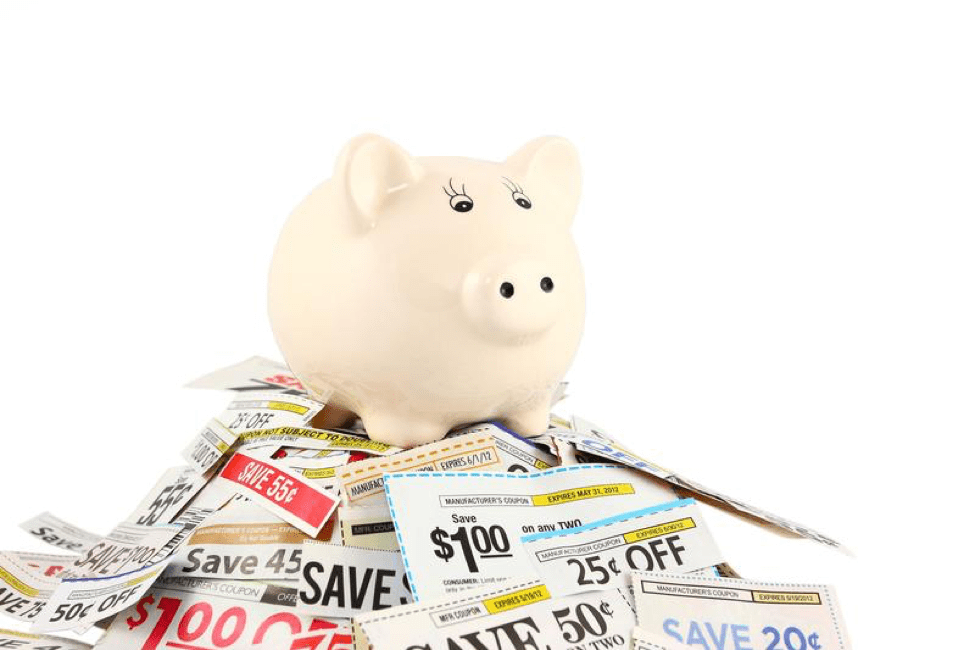Math students are always asking “When will I use this in real life?” disbelievingly, as though math is never practical. In reality, it’s tremendously helpful in many ways, not the least of which is shopping. Whether it’s online or in a brick-and-mortar store, math is a natural benefit to shopping. A smart and savvy shopper knows that a little math can go a long way when it comes to saving you money and getting the best deals possible.
Different Types of Coupons
One of the most obvious ways that math is helpful when shopping is during the utilization of coupons. Coupons can vary between flat rates or percentages, and sometimes calculating the difference in what each type will save you can make a huge difference to your wallet. For example, if you have two coupons to a department store and one allows you to save $10 off of a purchase of $50 or more, but the other will enable you to save 15% off of your total purchase, which one will be more beneficial? It depends on the cost of what you’re trying to purchase. In fact, the flat rate coupon ($10 off your purchase) may not be beneficial at all if your item is only, say twenty dollars. But if your items total $50, that coupon is better than the 15% off bargain. Math will help you determine when a coupon is helpful and which one is better when the coupon can vary between a flat rate or percentage off.
Keeping to a Budget
Many people have found themselves in the following situation: they go shopping, say to the grocery store, select all of their items, roll up to the counter, the cashier totals their purchases and disaster – they’re over-budget. This is bad enough when you’re trying to stick to a budget but if you’re paying cash and on a strict spending allowance, it can be embarrassing having to put items back because you can’t afford them. By using your math skills while shopping, you can easily keep track of how much you’re spending as you make your selections, so you know what your total is going to be before you even make it to the counter. You can avoid sticky situations and be more successful in your overall finances by using math during your shopping experience.
Comparing Items(Price Per Unit)
If you’ve ever found yourself wondering if the 40 oz bag for $3.67 or the 28 oz bag for $2.38 is the better deal, math would have been helpful at that moment. Toss in the 10 lb bag for $9.99, and now you have some real questions. Obviously, price per unit (in this case price per ounce) isn’t the only consideration: will you use ten pounds? If they aren’t all the same brand, is one better quality than the other? But a smart shopper always considers price and the value you’re getting which means paying attention to cost per unit. Without math skills, it’s hard to even remember how to calculate the price per unit or to convert between terms of measurement like ounces and pounds.
Comparing Stores for Entire Purchases
Here’s the scenario: you need six craft items which you intend to get from one store. You sit down with ads from three stores, find the things you want, and list the price for each item from each store which, of course, has different items on sale. You also evaluate the coupons each store is offering that week (one is 40% off a non-sale item, one is $5 off your total purchase, and one is 20% off your entire purchase), what item(s) they would apply to from each store, and how much it would save you. Finally, you calculate the total cost of all the items from each store. Does it sound like you needed math to determine the best store to select for your purchases? Absolutely!
The more you start practicing your math skills while planning and performing your shopping, the more naturally it will come and the more and more you will save. Ask any math teacher, and they will tell you they know how to get the best deals whether it’s on clothes, shoes, groceries, household items, or anything else. As long as stores continue to offer sales, coupons, and other promotions, math will keep a savvy shopper ahead of the game. It will also keep you on budget and saving money every time you shop. For more math tips and skills, check out our blog!
References:
